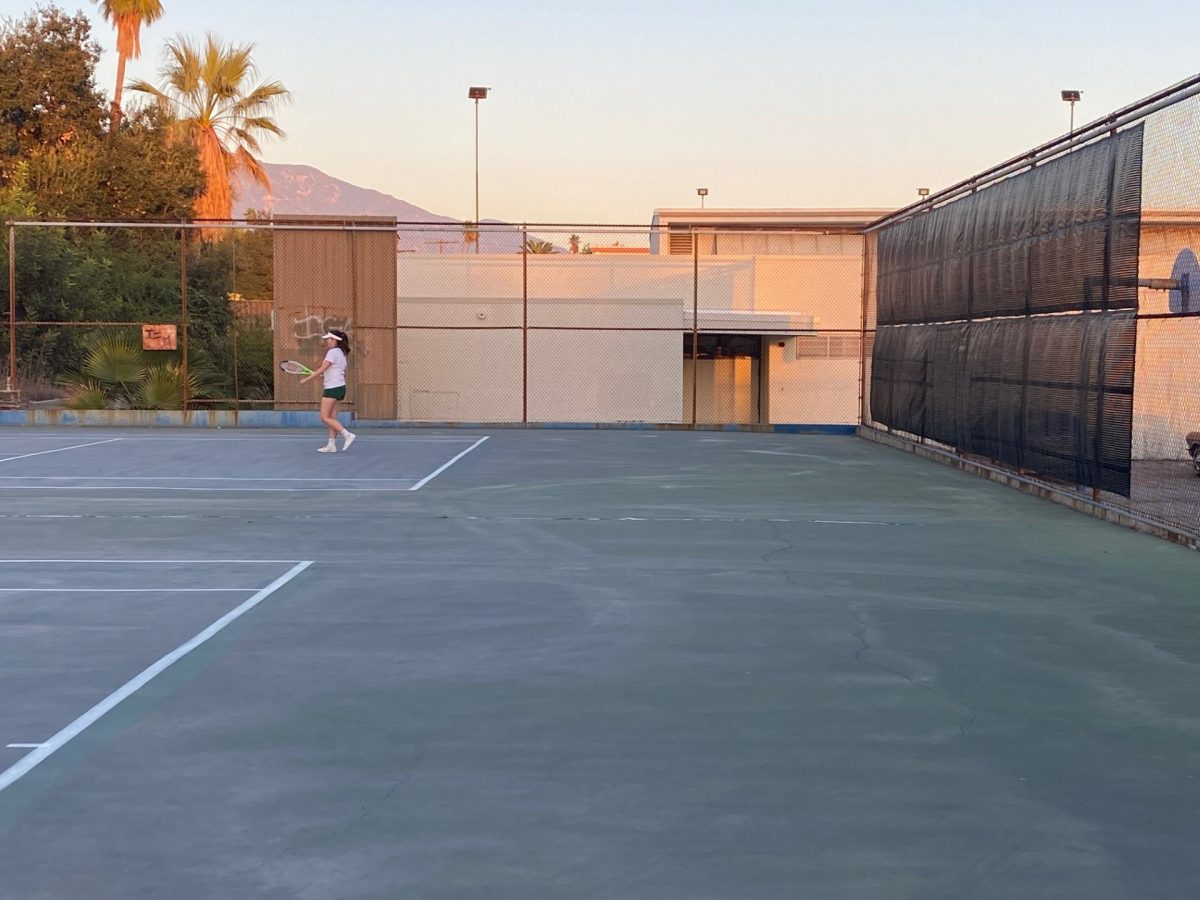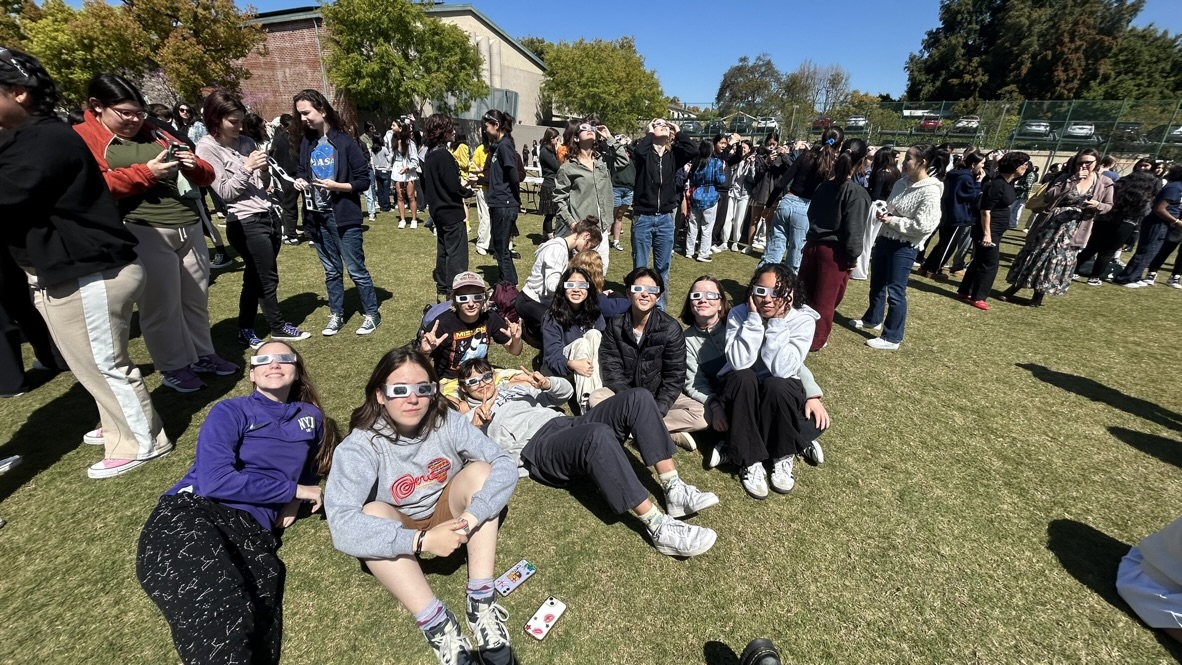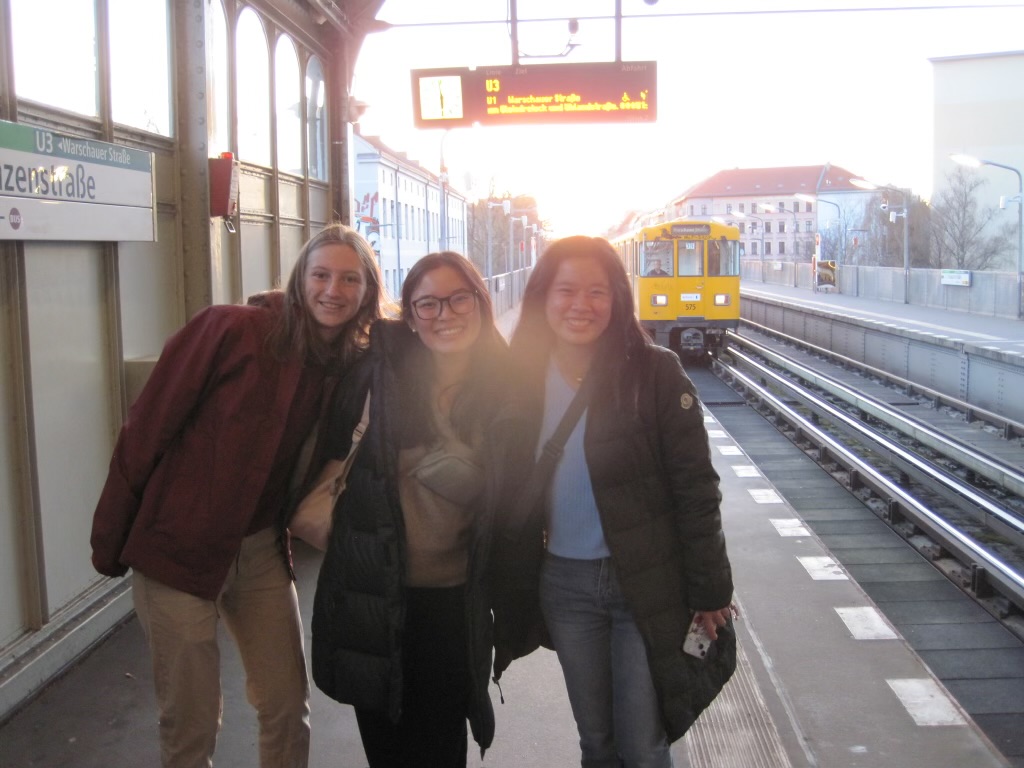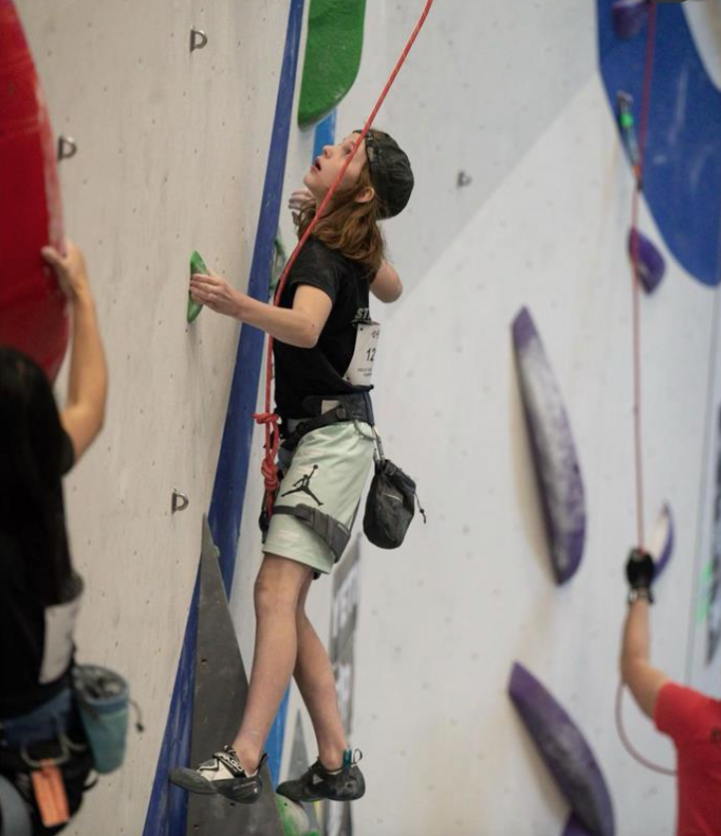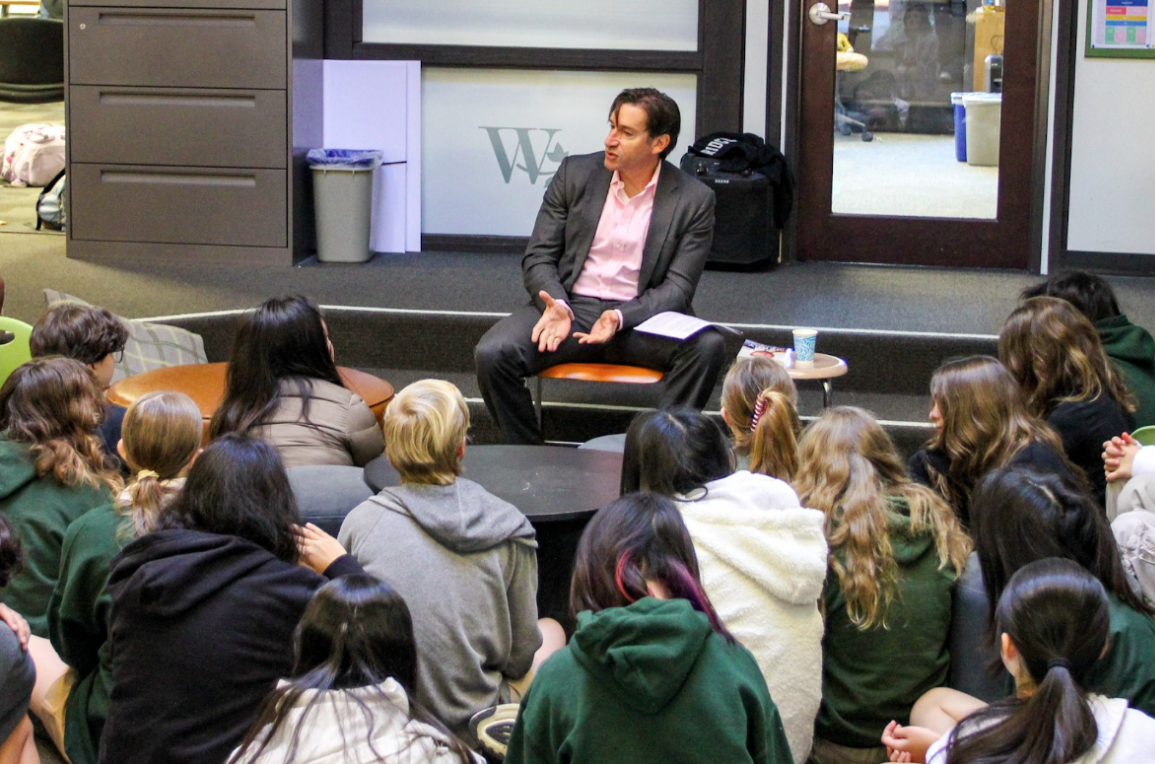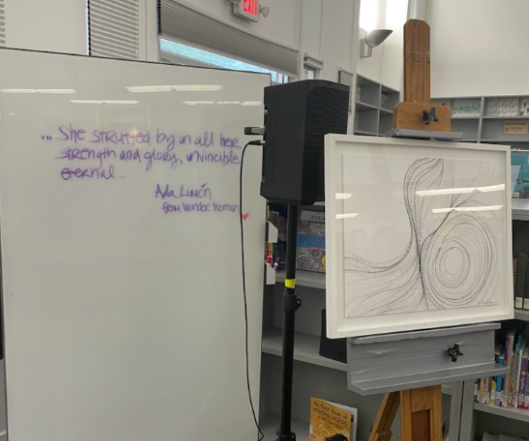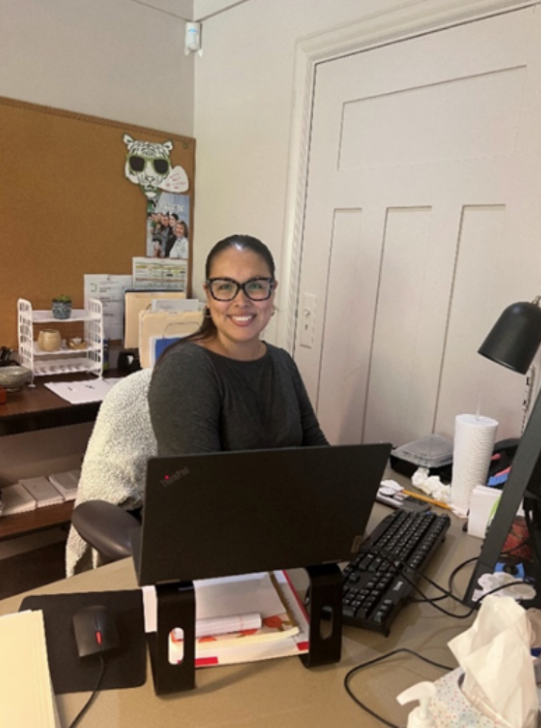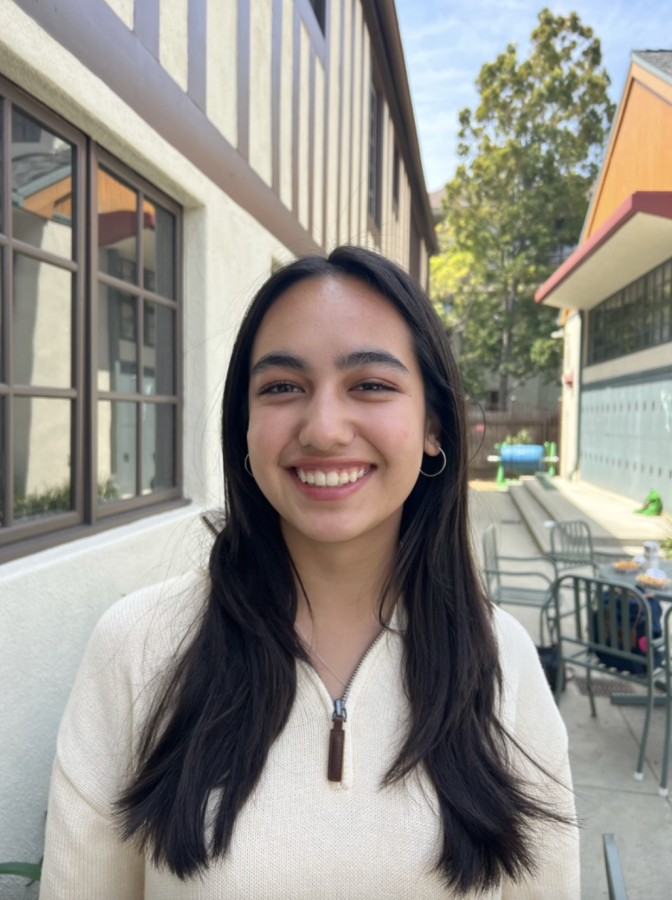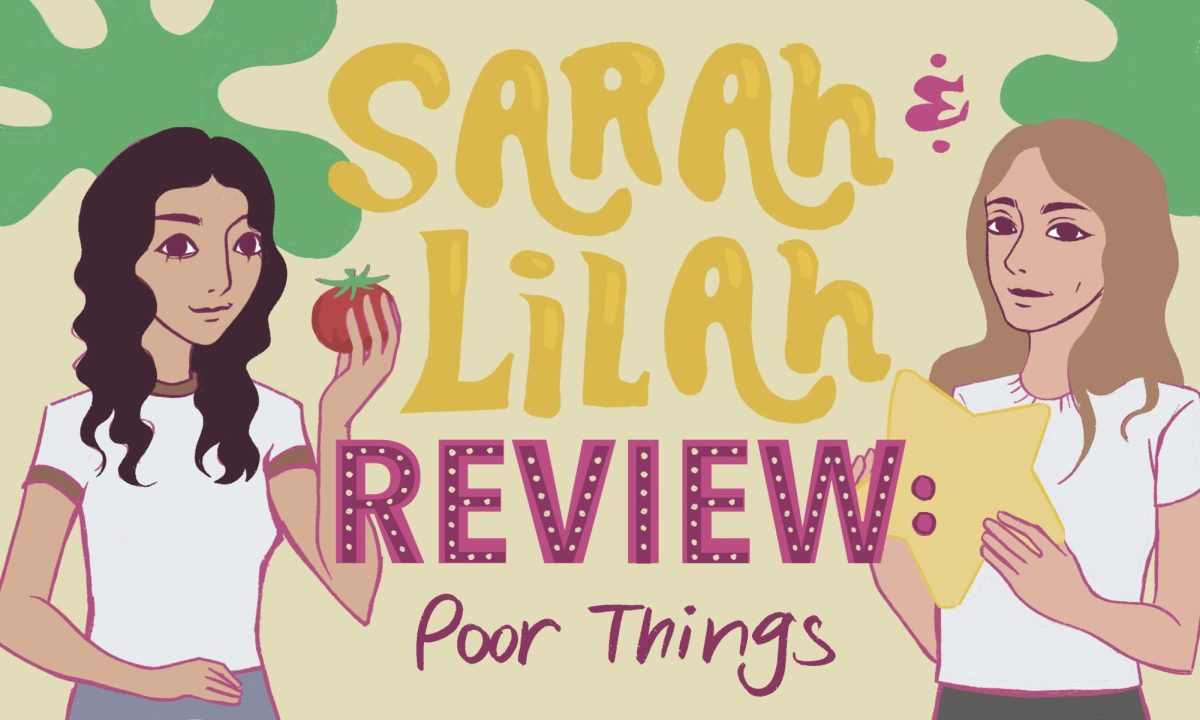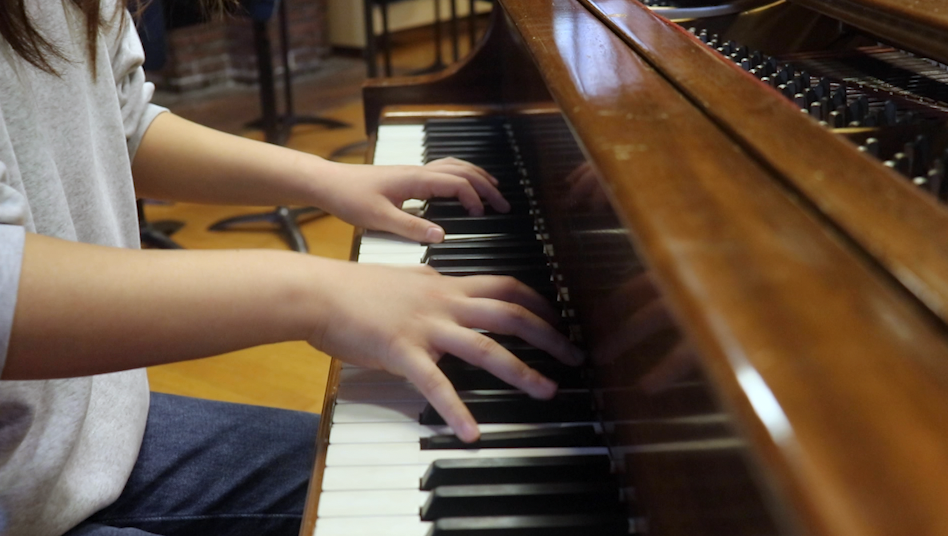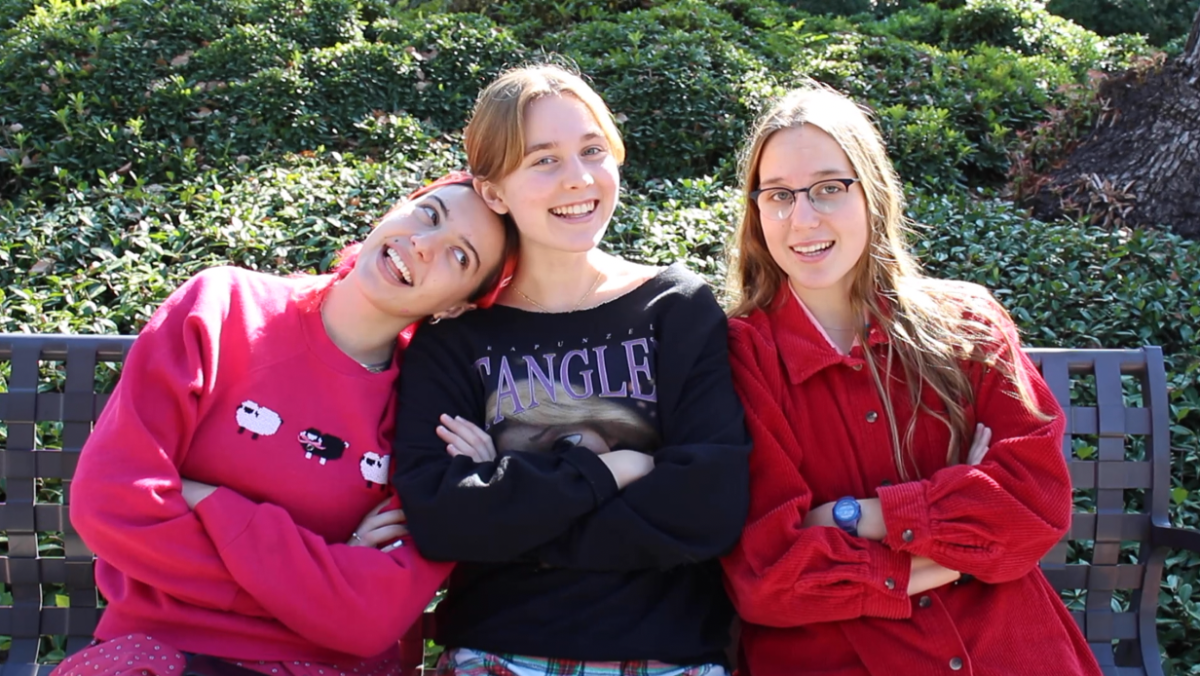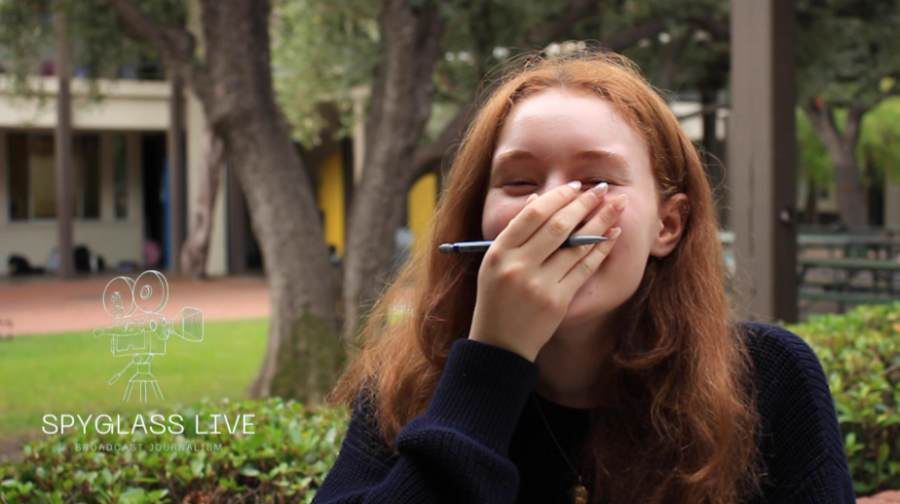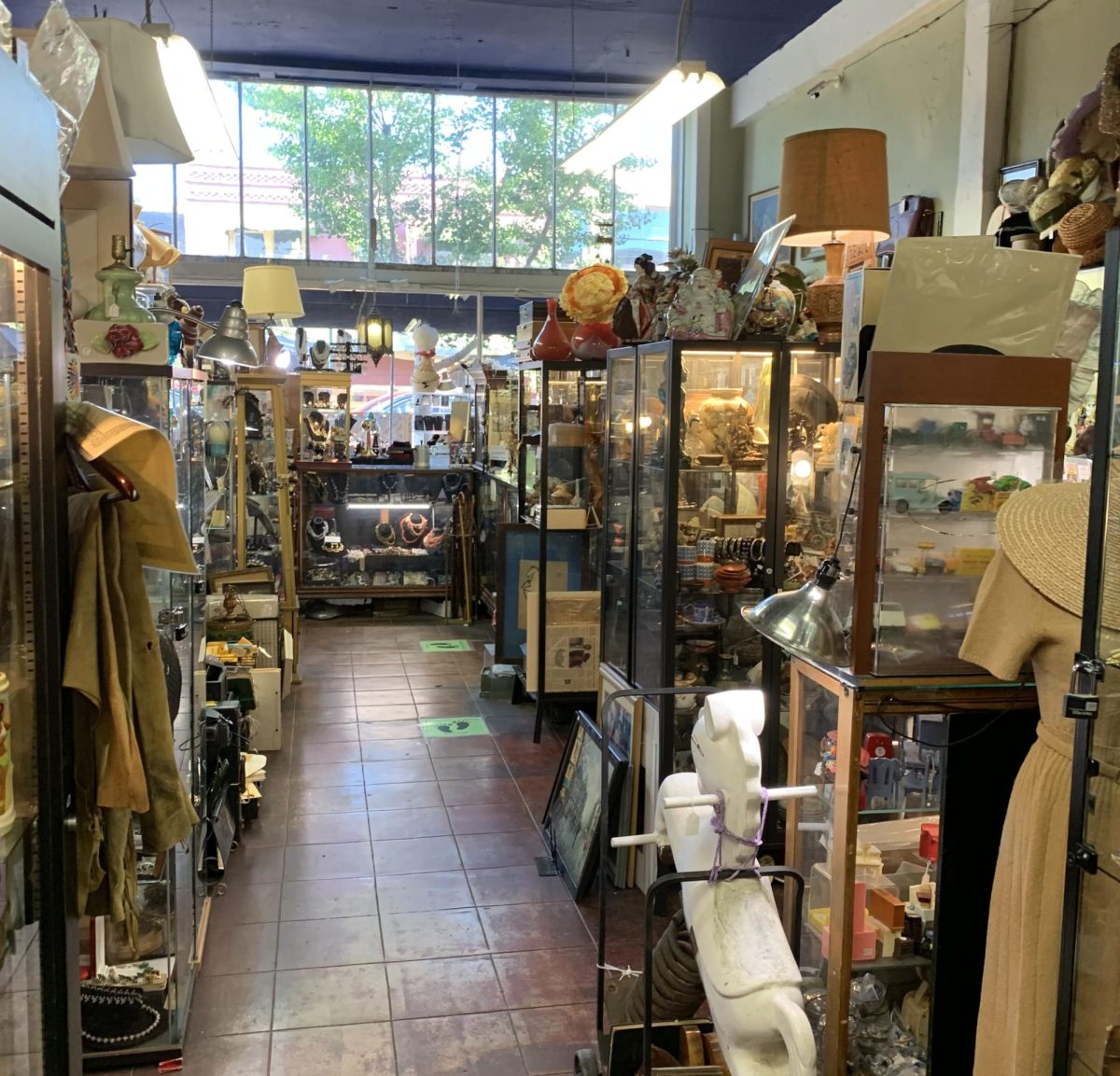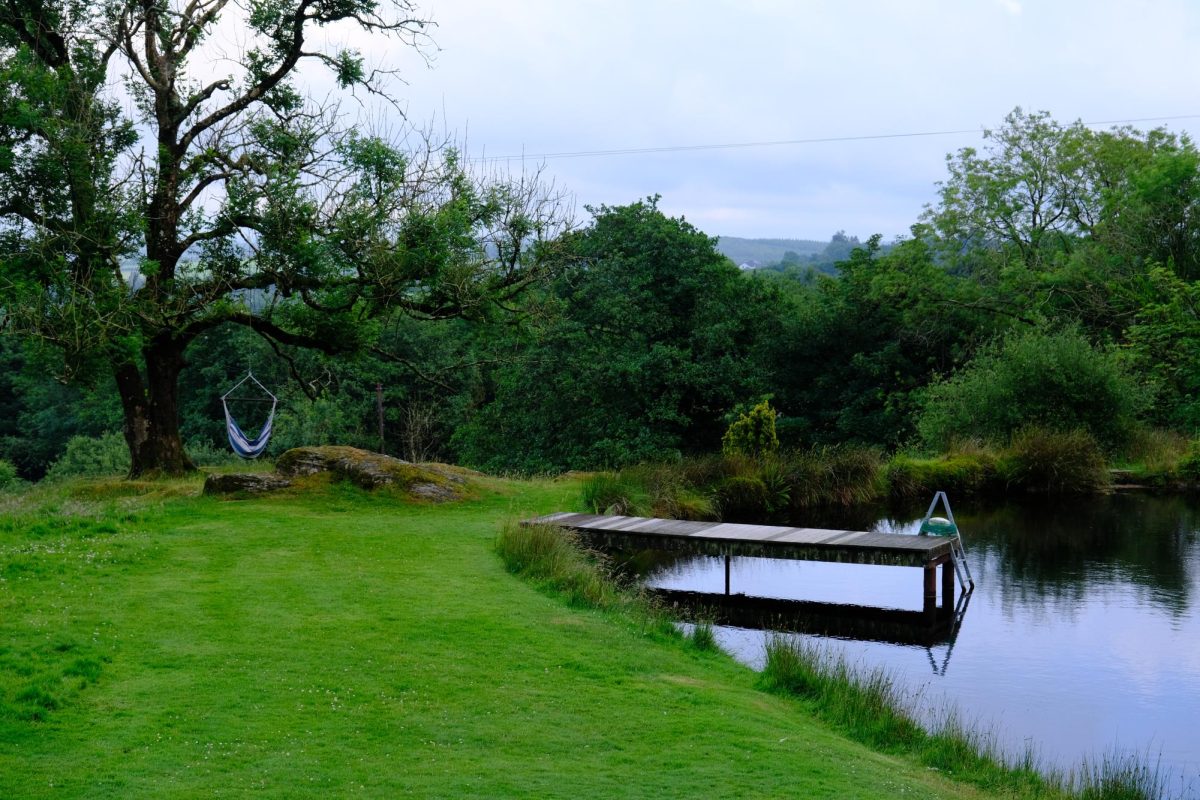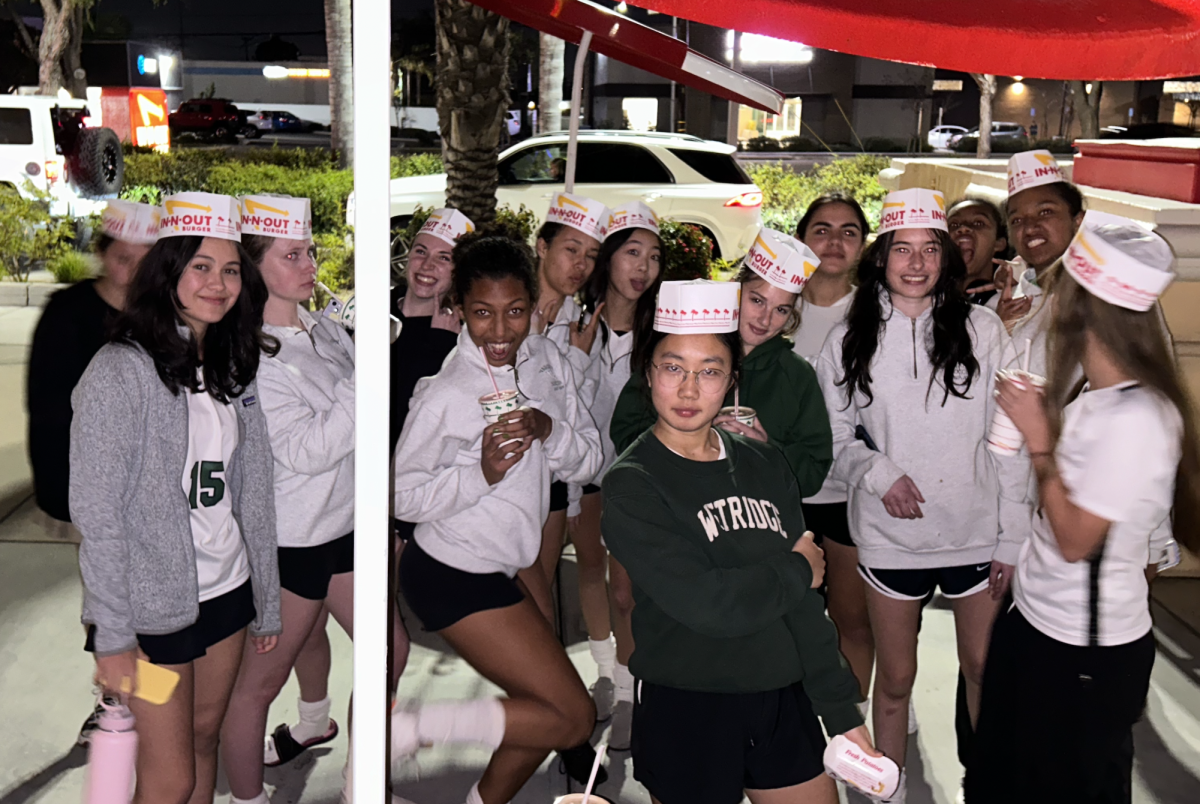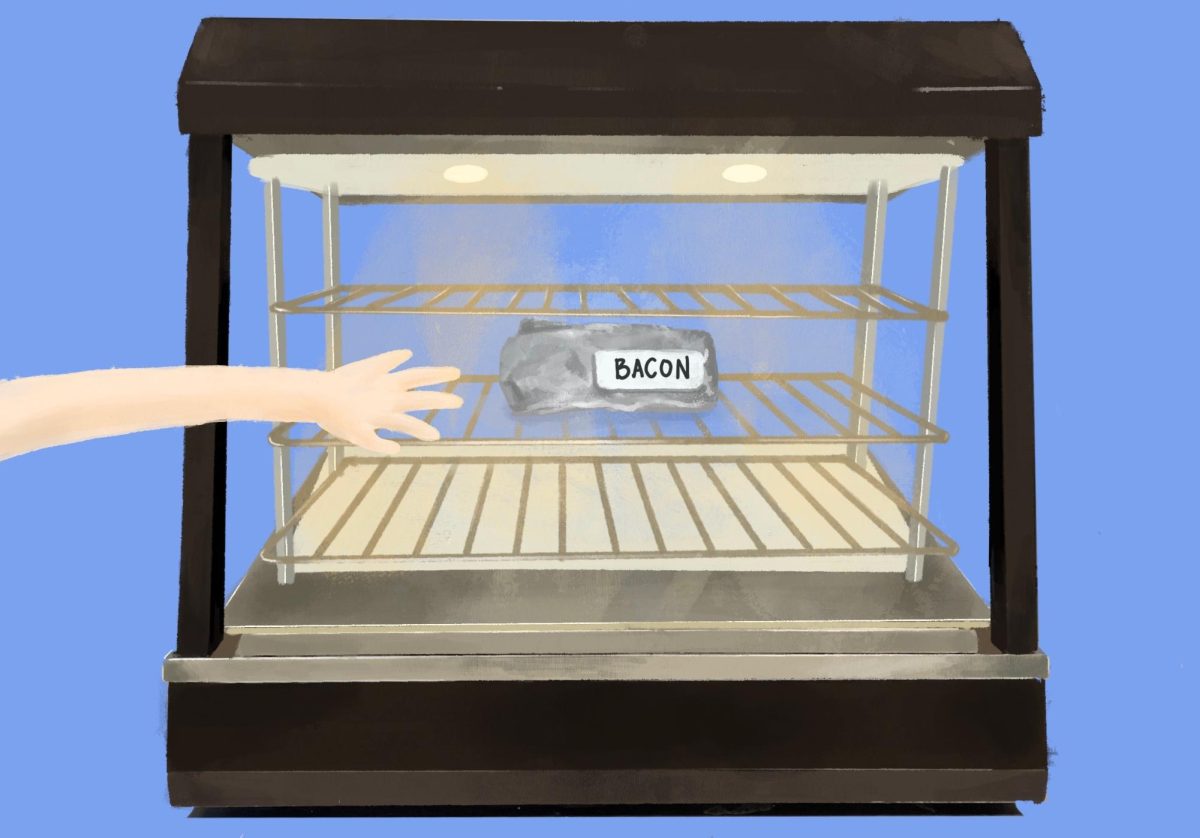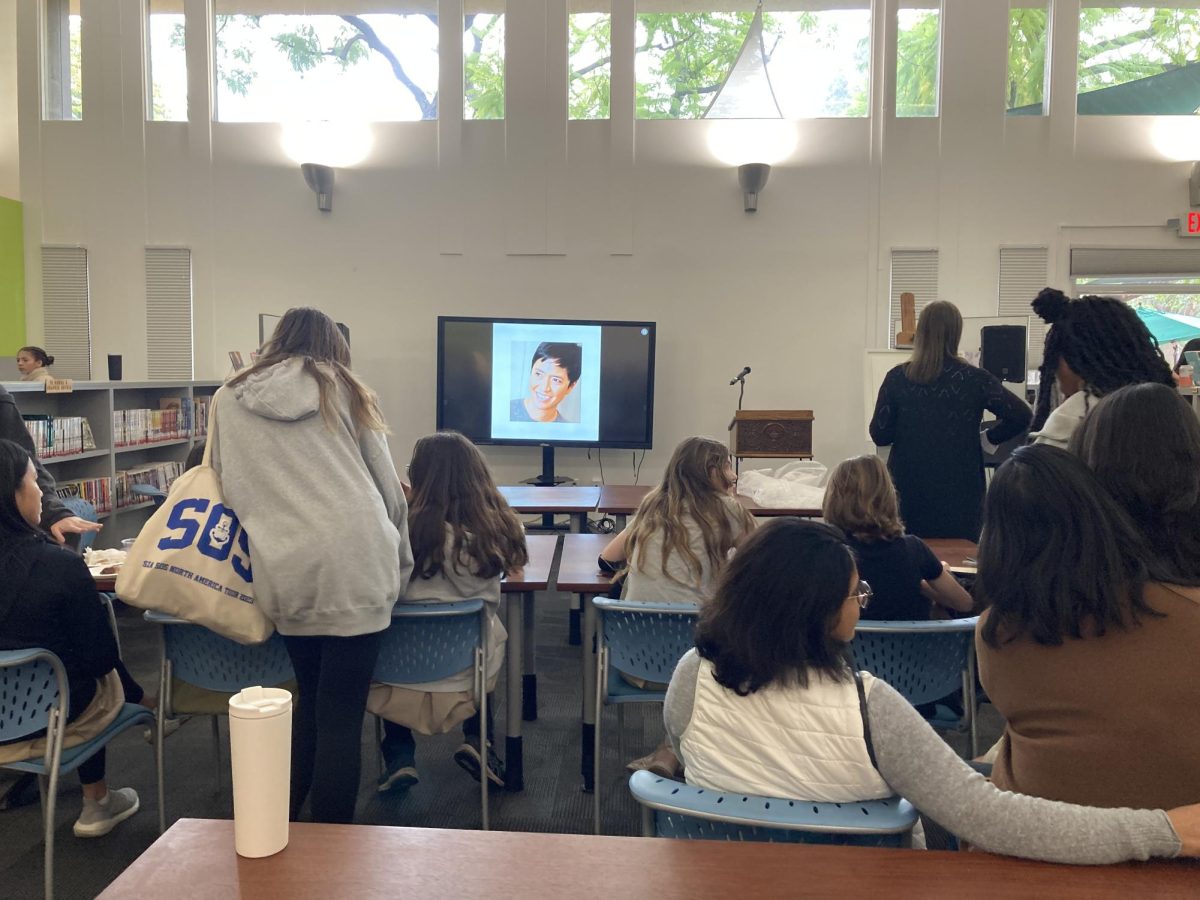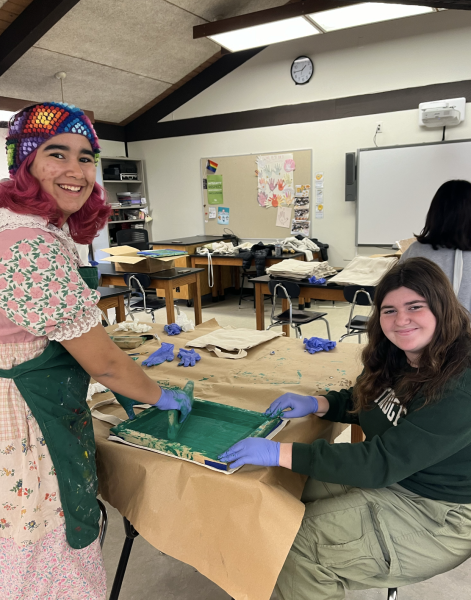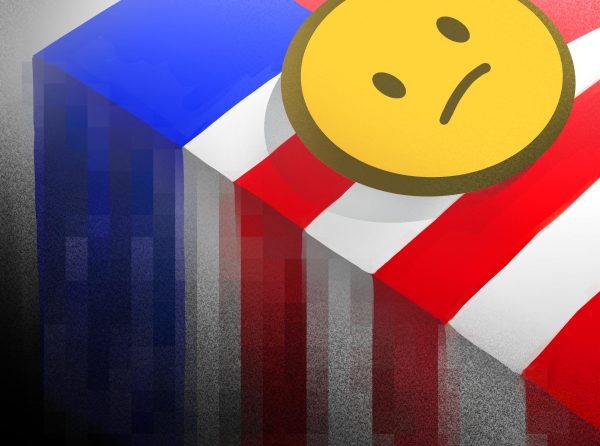Column: Green Gastronomy: Foraging Class
Looking up at the mountains surrounding Los Angeles, you might not know it, but these mountains are actually filled with food. This is where Pascal Baudar holds his weekly foraging classes, although “foraging” might not be the right title for them.
Although the classes do center around the identification and use of wild edibles, they are so much more than just a simple foraging class. The three or so hours are filled with a mix of comedy, philosophy, ecology, cooking, and, of course, lots of eating. The atmosphere of the class is organized, yet refreshingly human.
Baudar begins the class with a playful, yet mildly morbid, exercise by having everyone introduce themselves with their occupation, and then assessing who would do what in an apocalypse. After discussing his philosophy on nature and food, Baudar leads the class on a short hike, pointing out the edible plants and describing their culinary uses. Not all of the foods are plants though—a consistent favorite among the class is something known as insect honeydew, sweet and crispy flecks that melt on your tongue and can be found on many eucalyptus trees. These treats are actually produced by psyllid bug larvae and can eventually kill the tree, so by eating them, participants are both helping the tree and satisfying a sweet tooth.
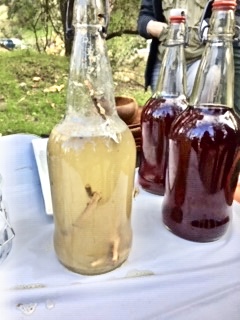
After the walk, the class works together to assemble a meal made up of an abundance of dishes which Baudar has prepared beforehand from mainly wild foods. On his website, Baudar describes this part of the class as “refreshments,” but it feels more like an exquisite gourmet feast. Each dish bursts with unique and vibrant flavors and the meal is always accompanied by a fermented drink (also made from wild plants).
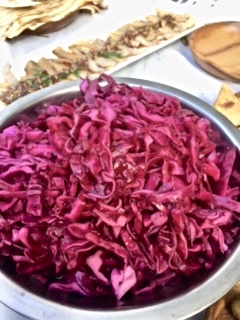
Growing up in a small town in Belgium, Baudar was first introduced to foraging by his grandmother. He loved working with wild food but didn’t realize this could be a career for him. He ended up going art school and becoming a graphic designer—it was only much later, after taking some survivalist classes in the late nineties, that he remembered his love for wild food and decided to do something with it. “The problem,” Baudar explains, “is that a lot of survivalists don’t know how to cook well.” Bauder discovered that these plants have incredible flavor, but when they weren’t cooked well, they were not at all appetizing, so Baudar decided he wanted to study these flavors and find ways to cook with and preserve them.
What Baudar also learned was that many of these edibles were considered invasive plants—plants that are not native to an area but have adapted to the area’s climate and thrive there—taking precious space and resources away from native plants. The two mainstream solutions for dealing with invasive plants are spraying them with herbicides or simply throwing them away, but to Baudar, “both of these are a huge food waste.”
From his experience, Baudar admits that “foraging is a bit controversial, because some people think that nature should be a museum, like you should not touch nature.” However, he believes that if we can create a healthy relationship with nature, and realize that we’re not separate from it, but a part of it, the world will be much better off. For instance, using invasive plants both restores native ecosystems and provides an alternative food source. Baudar does use some native plants in his cooking as well, but those he tries to take solely from the native plant garden he has planted himself.
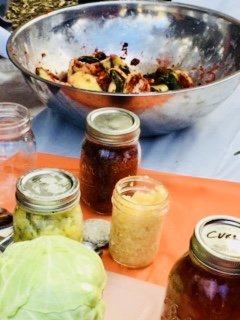
At the heart of Baudar’s mission is the idea of turning invasive plants into delicious food that people will want to eat. “If you can do that—if you can find a simple recipe that anybody can do—that means people will actually use those [plants]. And if I manage to do that with the most invasive plants, I’m really going to help the environment.”
If you’d like to see more of Pascal Baudar’s work and new projects, you can check out his Instagram, or visit his website to read more about his classes.


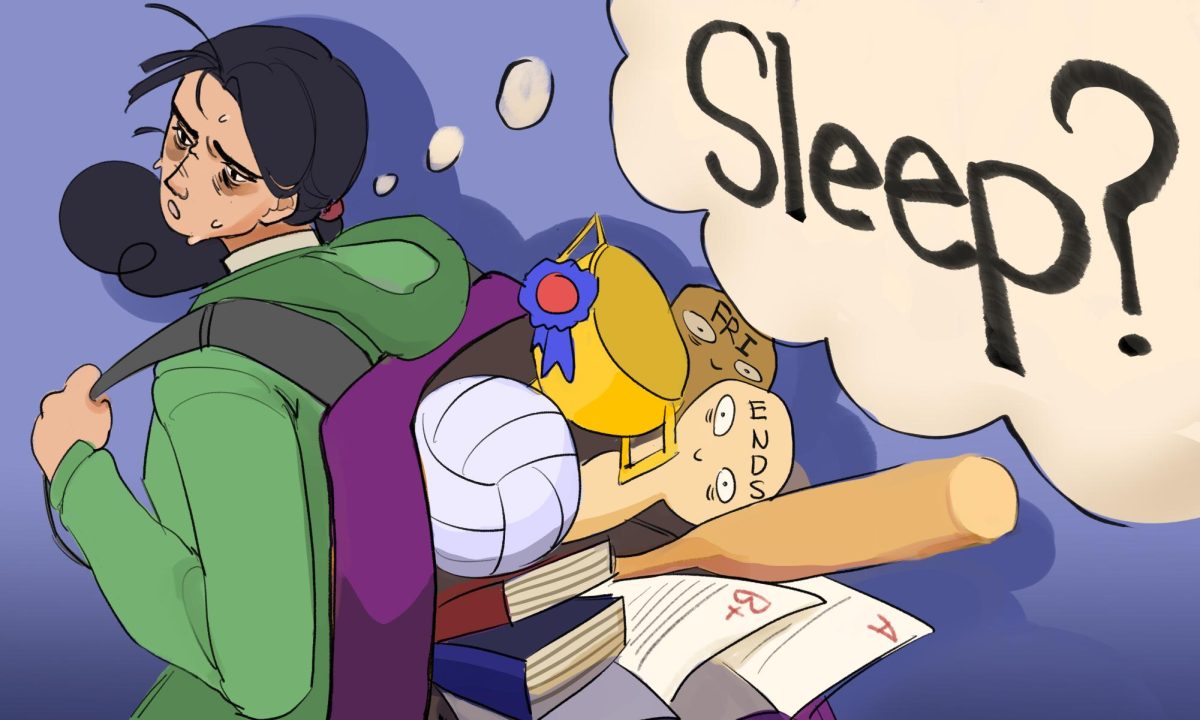
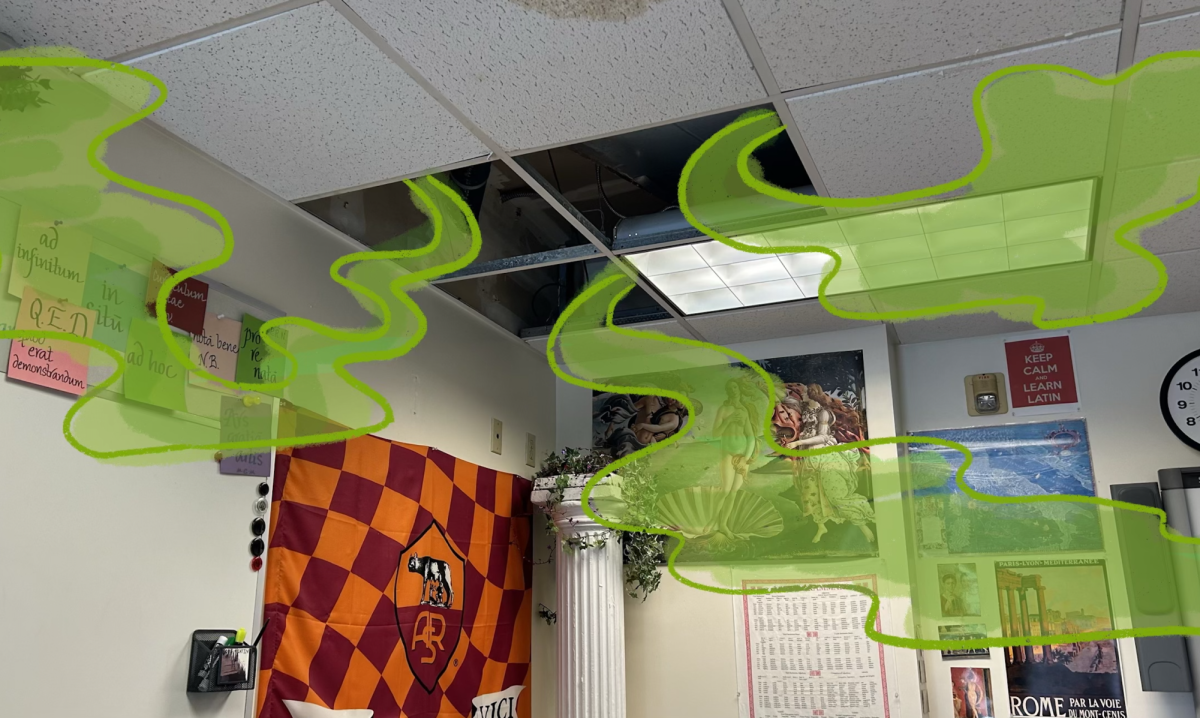
![Ms. Heydorff in her office explaining her role when working with ASB. ASB really took the lead on [ASD] and I was just there to support and give them assistance in any way they needed, said Ms. Heydorff.](https://westridgespyglass.org/wp-content/uploads/2024/04/Image-e1713072272110-828x1200.jpg)
